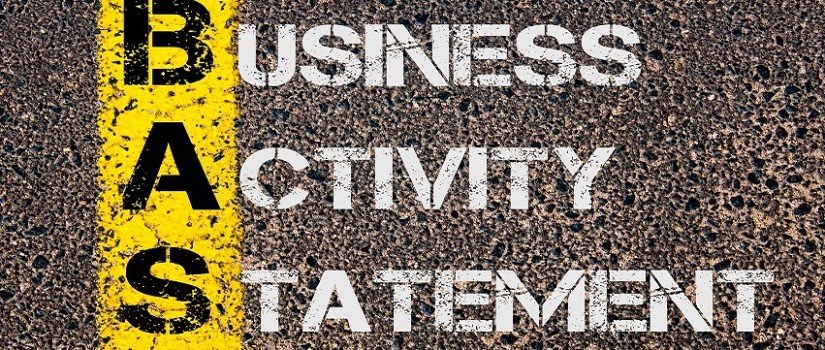
-
Correcting GST errors and making adjustments on your business activity statements
Posted by Team AVS on 31 Aug, 2017 0 CommentsIf you identify a goods and services tax (GST) error for a previous period or on an already lodged business activity statement (BAS), there is always scope to make a correction.
The ATO has realised that it is necessary for businesses to be able to make these adjustments, which can easily come about because of a change of circumstances or facts. These can include:
- cancellation of a taxable sale or purchase
- change in price of either of the above
- GST-free export supplies that are not exported within the required time (and therefore become taxable)
- bad debts, and
- changes in creditable purpose.
If you become aware of a GST error or adjustment on an earlier activity statement, you can choose to have us correct that error or adjustment on a later activity statement. However there are certain conditions for adjustments set out by the ATO that can include, for example, a time limit.
For an error on which your business overstated its GST liability, the ATO imposes a four year time limit for making an adjustment, which is counted down from when the error was made (specifically, from the due date of the BAS that covers the period when the error occurred).
For errors on which not enough GST has been accounted for, there’s an added factor relating to the business’s turnover. For annual turnover of less than $20 million, the adjustment must be made within 18 months. More than that, and it must be made within 12 months.
It can generally be easier to correct a GST error on a later activity statement rather than revising the earlier activity statement. But being able to make an adjustment can be important to avoid liability to any penalties or general interest charge.
As adjustments relate to changed facts or circumstances, which will have an impact on the subsequent GST outcome of a transaction, the resulting change in need of an adjustment will generally have resulted in a business having either claimed too much GST, or not claimed enough.
Claiming too much GST
How does a business claim too much GST on a BAS? Whoever provided information in order to complete the BAS could have:
- forgotten to include a sales invoice
- coded a sale as GST free when in fact it included GST
- made an error in coding transactions
- included a purchase that is not actually claimable as a GST credit
- included 100% of a purchase that wasn’t totally for business use.
Not claiming enough GST
Some situations in which this might be the case include where a business:
- found some purchase receipts or invoices from previous periods after a BAS was lodged
- made an error in coding the transactions
- advice is subsequently received that a purchase is actually claimable as a GST credit but it was not included in a previous BAS
- whoever filled out the BAS coded a GST sale as taxable but it was actually GST free.
If you have any questions, feel free to ask them in the comments section. We will be happy to answer all your queries

 AVS BusinessServices @ What the
AVS BusinessServices @ What the
Comments